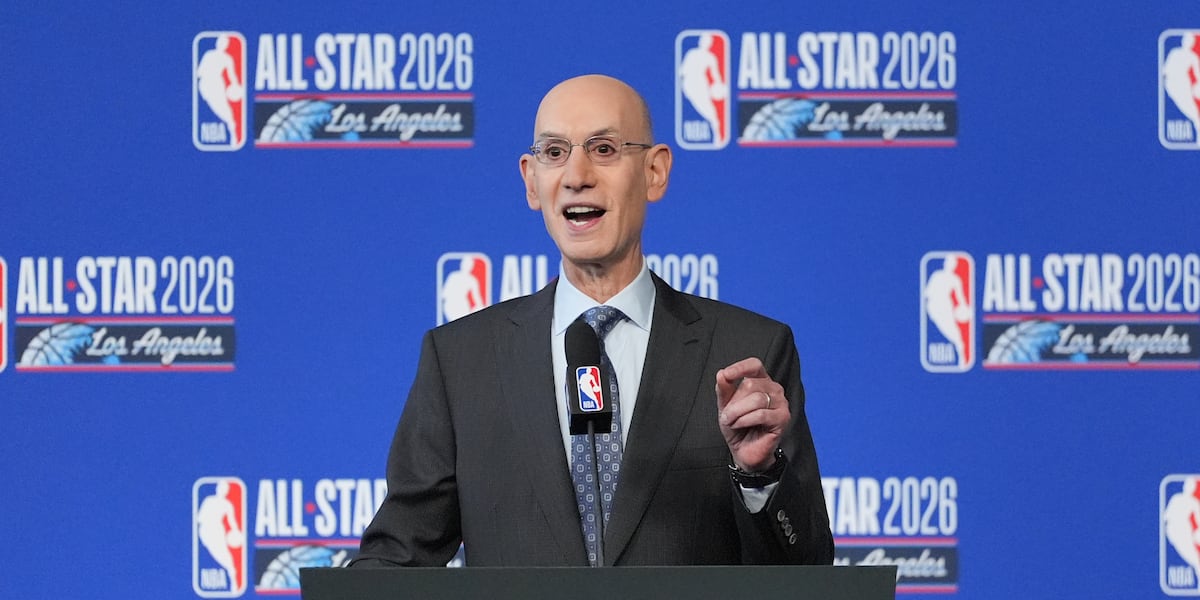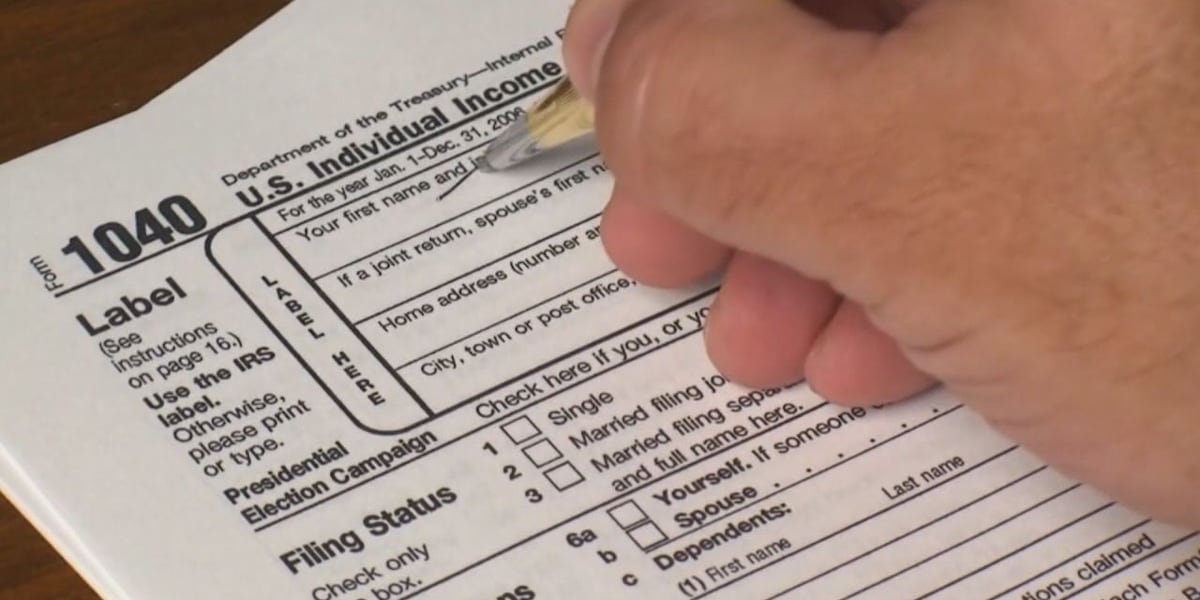LAS VEGAS, Nev. (FOX5) – Americans lost a staggering amount of money to romance scams in 2023. According to the Federal Trade Commission the figure is about $1.14 billion.
With Valentine’s Day approaching the Las Vegas Metropolitan Police Department and Chase Bank held events in the valley this week to warn people about scams, including romance scams.
“They prey on people who are actually lonely, vulnerable, they don’t have family members or they maybe they’re estranged from their family members. Who does not want to have a relationship with someone,” said Malika El Bakkal Lees, Vice President Community Manager for J.P. Morgan Chase.
Lees and a LVMPD detective with Metro’s Financial Crimes Section talked to people at the Clark County Library on Wednesday. Detective Marc Evans showed information about “love bombing” where someone may overwhelm you with compliments very early in a relationship.
“If you never met this person in-person and it’s only an online relationship and they’re telling you they love you right away within the first few messages, that is a big red flag,” said Detective Evans.
Here is another big red flag.
“And talking to them about things that really, really, really matter to them and then all of a sudden, oh by the way, I am stranded on an island. I am in a hospital, and I need money. So those are the main, main ones that I’ve seen,” said Lees.
Officials told people to be careful of what they post online, saying scammers look at social media to better understand a person to target them.
“They prey on people who are actually lonely, vulnerable, they don’t have family members or maybe they’re estranged from their family members. Who does not want to have a relationship with someone,” said Lees.
FOX5 asked Lees the about the top ways to avoid any scam.
“First off, when you feel pressured by anyone, whether you know them or you don’t know them to give your information or money, pause, question why they’re asking for what they’re asking for. Two, this is something that happens to me on regular basis. I receive text messages, click the link below because you won x,y,z. If you did not sign up for anything, do not clink the link. And even if you signed up, verify the source. Three, emails, that’s one of the biggest things. Most of us receive multiple emails throughout the day. And sometimes we’re in a hurry, we click. And that’s something that happens where hackers can get your information. Lastly, which is very, very critical from the bank side. When someone asks you to send them money for merchandise, or to help, or a charity or GoFundMe, make sure that you go read the disclosures that are put by your bank. They might be sometimes too much to read, but they are there for a reason. They ask you as a consumer to pause, really validate the source, before you provide your information and you lose your hard-earned money,” said Lees.
Lees also says while people don’t like to admit mistakes, she encourages others to share what happened to them so other people learn and don’t get scammed themselves.
Copyright 2025 KVVU. All rights reserved.





